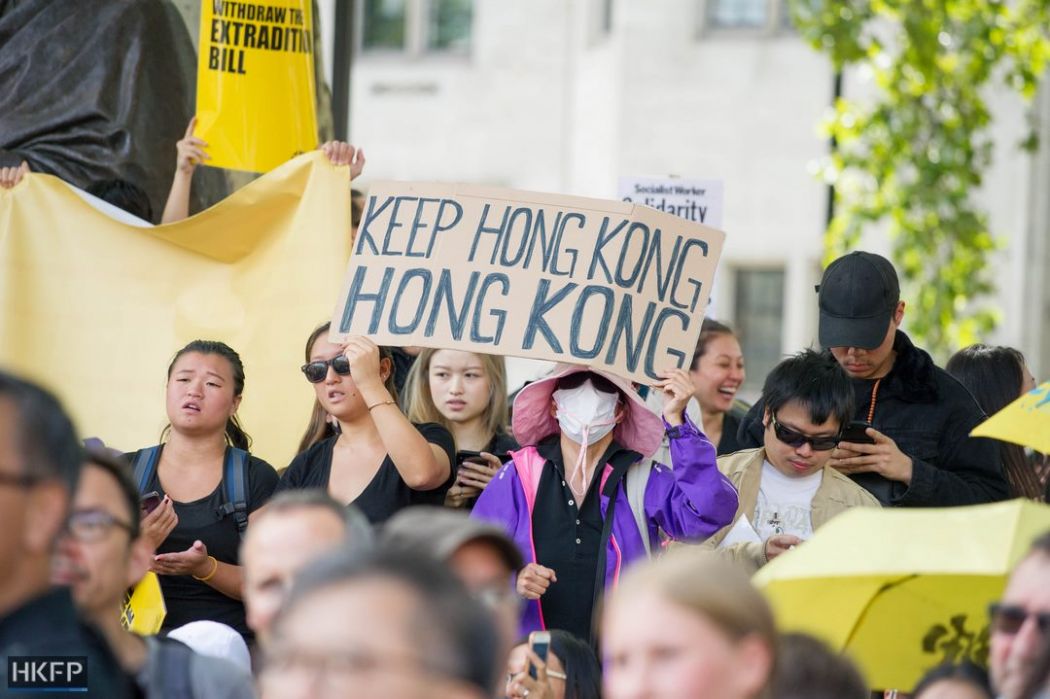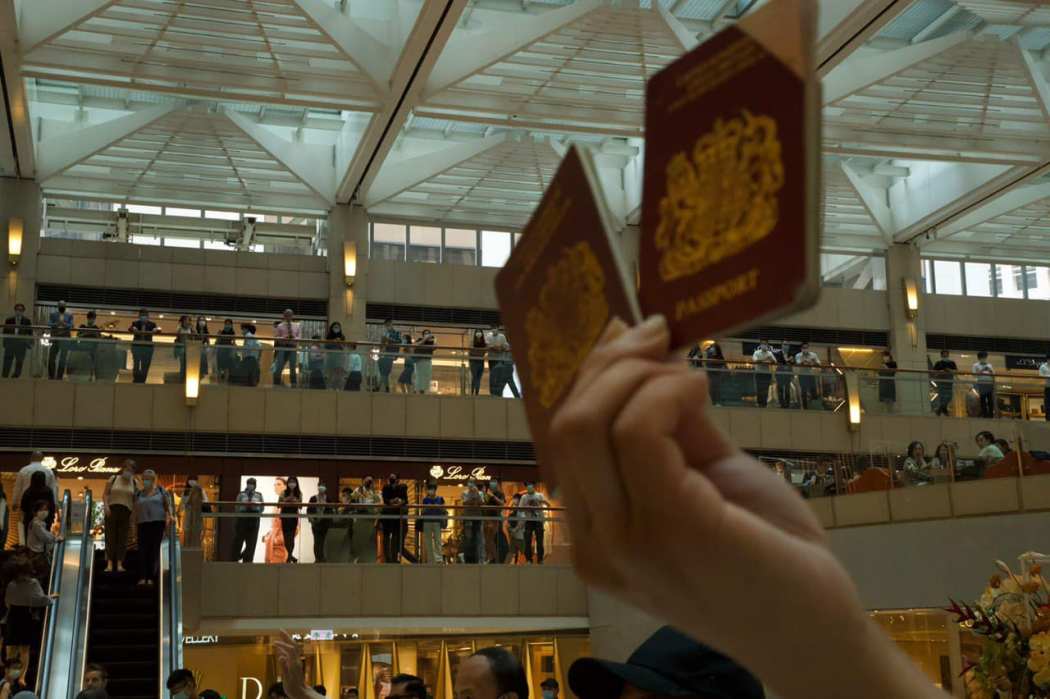The UK Foreign Office has updated its Overseas Business Risk guide for Hong Kong, removing a phrase saying that London enjoyed a “positive, forward looking” relationship and “mutually beneficial cooperation” with the city, signalling frostier relations.
The updated guide, which appeared on Tuesday, provides an economic and geopolitical risk assessment for British businesses looking to operate in the Hong Kong market.

It also cited the city’s diminishing freedoms under the national security law passed by Beijing last summer: “The crimes in the [national security law] are broadly defined, but it is already reducing the extent to which the people of Hong Kong are able to exercise their fundamental rights and freedoms,” it read.
The Foreign Office also raised concerns about free speech: “Uncertainties about how the provisions in the law might be used in future is reportedly having a wider chilling effect on the exercise of freedoms through encouraging self-censorship.”
The guide, last updated in August 2019, had previously read “[b]asic rights and freedoms are generally well respected in Hong Kong.”
It now warns that “Incorporated or unincorporated bodies can be fined and their operation suspended or licence/permit revoked” under the national security law.

Tuesday’s update also removed wording that described Hong Kong as an “international financial centre” under the “Economic Overview” section. Instead, it referred to the city as a “regional hub.”
The Overseas Business Risk service provides information for UK businesses to protect against security and political risks abroad, including potential risks involving human rights, corruption, terrorism, criminal activity and intellectual property.
Rise in tensions
The update come as tensions rise between London and Beijing over the former British colony.
The UK’s Foreign Secretary Dominic Raab has repeatedly criticised Hong Kong authorities over the use of the security law to quash political dissent in the city, accusing Beijing of breaking promises made in the Sino-British Joint declaration that the city would enjoy a high degree of autonomy for 50 years. Hong Kong, in turn, has said that rights and freedoms remain protected and the law only affects a minority.

Last month, the UK began an extended British National (Overseas) visa scheme, allowing up to 70 per cent of Hongkongers to live and work in the UK, with a six-year pathway to full citizenship.
Beijing retaliated by announcing it would no longer recognise the BN(O) as valid documentation while Chief Executive Carrie Lam confirmed holders of dual nationality in Hong Kong will not enjoy consular support.
In June 2020, Beijing inserted national security legislation directly into Hong Kong’s mini-constitution – bypassing the local legislature – following a year of pro-democracy protests and unrest. It criminalised subversion, secession, collusion with foreign forces and terrorist acts, which were broadly defined to include disruption to transport and other infrastructure. The move gave police sweeping new powers, alarming democrats, civil society groups and trade partners, as such laws have been used broadly to silence and punish dissidents in China. However, the authorities say it has restored stability and peace to the city.
Support HKFP | Policies & Ethics | Error/typo? | Contact Us | Newsletter | Transparency & Annual Report | Apps
Help safeguard press freedom & keep HKFP free for all readers by supporting our team
























